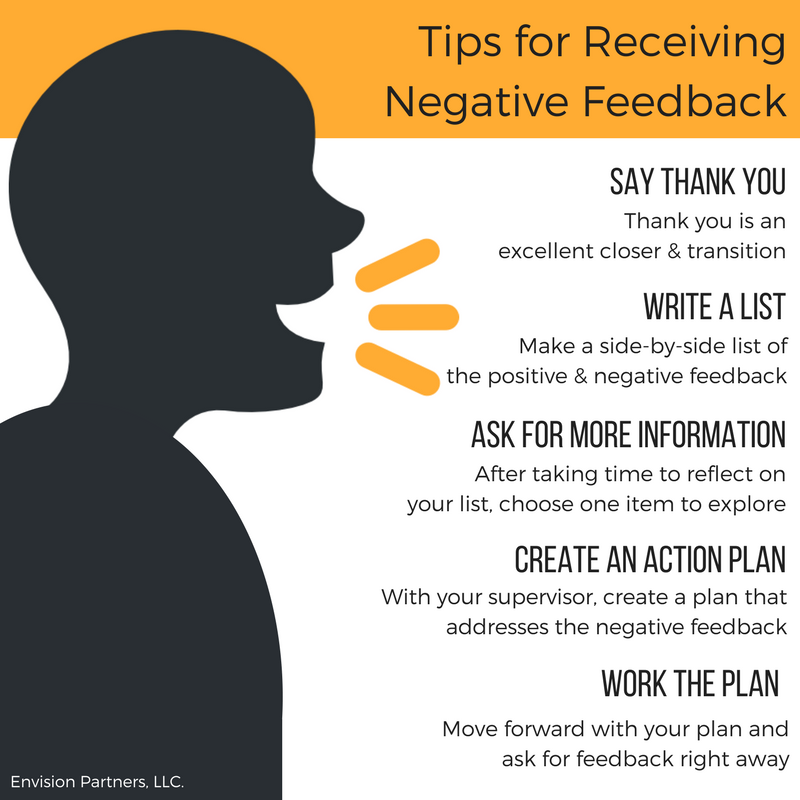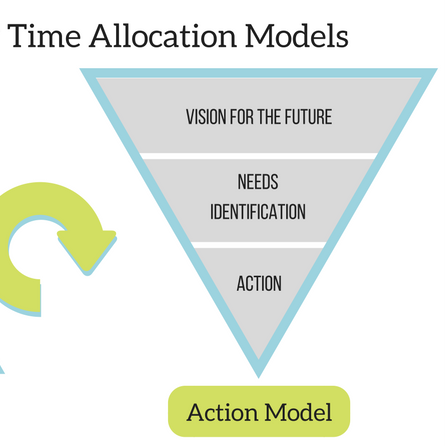With Time to Spare
For the past couple of weeks I have been trying a new time management strategy and it’s made a noticeable difference. Case in point, I’m writing this article on Sunday for publication next Friday! We all probably do some of these time management strategies, but if you are like me, it’s useful to revisit these ideas and maybe this time a new strategy will be just what you need.
- Out of sight means out of mind. Keep a two-week calendar view so you can see what appointments and deadlines are sneaking up on you. Big projects can be broken into small pieces and spread across your calendar.Insert ticklers to remind you to that a deadline or big meeting is coming up that is not otherwise visible on your calendar. Don’t rely on the 15-minute reminder function.
- It’s not what you need to do but when you need to do it. Rather than a running list, put tasks on the calendar on designated days and/or times based on the importance or urgency of the task. Estimate the time needed to complete the task. If it is not on your calendar, don’t do it. If it’s on your calendar do it.
- Before you do suggestion 4, do this one. What really worked or did not work yesterday or last week? Did you overbook? Did you let urgency overtake importance? Did you not dedicate enough time to a given project? Reflection is how we get smarter about time management.
- Planning is a task for your calendar that takes real time. Making a plan for your week and can help avoid conflicts, overlaps, and other confusion. The biggest waste of time is working on projects at the last minute. We are less efficient under that kind of stress and produce lower quality work. (We might be good but not as good as we could be.)
- Planning is good; preparing is better. This is the extra effort that many don’t do. Prepare for meetings, for example, by reviewing the agenda, learn about discussion topics and decide what you want to get out of or contribute to the meeting. Make meeting time as useful as possible too.
- Leave space for the unintended. Our priorities are turned upside down by unexpected and urgent tasks. Expect them with a block in your schedule. Protect these empty calendar blocks and use them only for contingency–last-minute requests or tasks that took longer than you had thought.
- Do an important task first thing in the morning. Some choose a hard task, some an easy task—just make it important in order to get the positive momentum that will carry you through the day.
- Relax with purpose. Taking a break is important in order to improve productivity and creativity. Too often we are distracted by what is convenient and then we regret that we spent our time on something meaningless. So choose a distraction that you want to do and planned for, thus giving it meaning.
- Don’t lose random thoughts. A notebook is a great place to capture insights and inspiration. Since you made the effort, give yourself a specific time each week to review your notes, and get those commitments and great ideas on your calendar.
- Give it time. If you try something new, give it time. Be vigilant for at least two weeks to build a new habit and decide if it works for you.
Try a new one and see what works for you. This week I focused on strategy #2. Now I’m going to work on #8.











